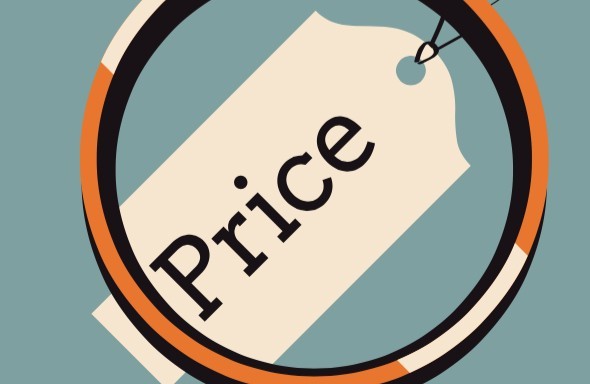For SaaS (Software-as-a-Service) startups in Nigeria, implementing effective pricing models is essential to maximize subscription revenue and drive business growth. Pricing strategies play a critical role in attracting customers, achieving profitability, and establishing a competitive edge in the dynamic Nigerian market. In this article, we will explore some effective pricing models for SaaS startups and provide Nigerian-based examples to illustrate their application and success.
Read more about Business
Freemium Model
The freemium pricing model is widely used by SaaS startups to attract customers and generate revenue. This model offers a basic version of the software for free, allowing users to experience its functionality and benefits. To access advanced features or additional services, users are required to upgrade to a paid subscription.
A Nigerian-based example of the freemium model is Paystack, a payment processing platform. Paystack offers a free version of its software that allows businesses to integrate payment functionality into their websites or applications. As businesses grow and require more advanced features and services, they can upgrade to a paid plan, which offers additional capabilities and support.
Tiered Pricing Model
The tiered pricing model offers different levels of subscription plans with varying features, functionalities, and pricing tiers. This allows startups to cater to different customer segments and their specific needs while providing an opportunity to upsell and capture higher revenue from customers who require more advanced offerings.
An example of the tiered pricing model in Nigeria is Cowrywise, a digital investment platform. Cowrywise offers multiple subscription plans with varying levels of investment options, access to financial advisors, and personalized recommendations. Users can choose a plan that aligns with their investment goals and budget, providing flexibility and value for different customer segments.
Usage-based Model
The usage-based pricing model charges customers based on their usage or consumption of the SaaS product or service. This model is particularly suitable for startups offering services that have variable usage patterns or fluctuating demand.
Sign up for the Connect Nigeria daily newsletter
A Nigerian-based example of the usage-based model is Kudi, a digital payment and financial services platform. Kudi charges customers based on the number of transactions they make through the platform. Customers are billed a small fee for each transaction, ensuring that they pay in proportion to their usage of the service.
Enterprise Pricing Model
The enterprise pricing model is tailored to meet the specific needs of large businesses or organizations. This model typically involves custom pricing negotiations based on factors such as the number of users, specific features required, integration capabilities, and ongoing support.
A Nigerian-based example of the enterprise pricing model is RelianceHMO, a health insurance platform. RelianceHMO offers custom pricing options for corporate clients, considering factors such as the number of employees, specific health benefits required, and the level of support needed. This allows RelianceHMO to cater to the unique needs of each enterprise client and establish long-term partnerships.
Value-based Pricing Model
The value-based pricing model focuses on the perceived value and benefits that the SaaS product or service delivers to customers. This approach involves pricing the product based on the value it creates for the customer rather than the cost of production.
An example of the value-based pricing model in Nigeria is QuickCheck, a digital lending platform. QuickCheck offers instant loans to individuals based on their creditworthiness and financial profile. The pricing of these loans is determined by the value it provides to customers in terms of convenience, speed, and access to credit, rather than being solely based on interest rates or administrative costs.
Register to attend the CN Business Mixer
Conclusion
Implementing an effective pricing model is crucial for SaaS startups in Nigeria to maximize subscription revenue and drive business growth. The freemium model, tiered pricing model, usage-based model, enterprise pricing model, and value-based pricing model are all viable options for startups operating in the Nigerian market. Nigerian-based examples such as Paystack, Cowrywise, Kudi, RelianceHMO, and QuickCheck demonstrate the successful implementation of these pricing models and their impact on revenue generation. By carefully analyzing their target market, understanding customer needs, and adopting a pricing model that aligns with their value proposition, SaaS startups in Nigeria can optimize their pricing strategies and achieve sustainable growth in the competitive tech ecosystem.
Featured Image Source: Bestmarket
Got a suggestion? Contact us: [email protected]

